SERMION® (Nicergoline)
$33.00 – $90.00
Sermion Nicergoline is used for the treatment of a variety of medical conditions which affect the blood vessels and circulation of the brain and the body such as peripheral vascular disease, Raynaud’s syndrome, etc. It helps in improving the cerebral blood flow and metabolism.
Description
Sermion Nicergoline is used for the treatment of a variety of medical conditions which affect the blood vessels and circulation of the brain and the body such as peripheral vascular disease, Raynaud’s syndrome, etc. It helps in improving the cerebral blood flow and metabolism.
Other brand names: Ergotop, Adavin, Chen Rang, Nilogrin, Albotyl, Cholergol, Gralin, Qualigoline, Sermion 30, Bolinon, Dinacer, Marileon N, Sergoline, Ergobel, Nergolin, Serolin, Nicerbium
Composition
active substance – Nicergoline 4 mg,
excipients: lactose monohydrate, tartaric acid
the solvent contains:
sodium chloride, benzalkonium chloride, water for injection.
One coated tablet contains
active substance – nicergoline 5mg, 10mg or 30mg, respectively,
– excipients: calcium hydrogen phosphate dihydrate, microcrystalline cellulose, magnesium stearate, sodium carboxymethyl cellulose;
Indications for use
- Acute and chronic cerebral metabolic and vascular disorders (due to atherosclerosis, arterial hypertension, thrombosis or embolism of cerebral vessels, including transient cerebral attack, vascular dementia and headache caused by vasospasm);
- Acute and chronic peripheral metabolic and vascular disorders (organic and functional arteriopathies of the extremities, Raynaud’s disease, syndromes caused by impaired peripheral blood flow);
- As an additional agent in the treatment of hypertensive crises (parenteral).
Method of administration and dosage
5 mg, 10 mg and 30 mg tablets
Oral: 5 – 10 mg three times a day at regular intervals between doses for a long period of time (as prescribed by a doctor). In vascular dementia, the use of 30 mg 2 times a day is indicated (while every 6 months it is recommended to consult a doctor about the advisability of continuing therapy).
Lyophilisate for preparation of solution for injection
Intramuscularly: 2-4 mg (2-4 ml) twice a day.
Intravenous: slow infusion of 4-8 mg in 100 ml of 0.9% sodium chloride solution or 5% -10% dextrose solution; as directed by a physician, this dose can be administered several times a day.
Intra-arterial: 4 mg in 10 ml of 0.9% sodium chloride solution; the drug is administered within 2 minutes.
It is recommended to use the reconstituted solution immediately after preparation. The dose, duration of therapy and the route of administration depend on the nature of the disease and are prescribed by the doctor. In some cases, it is preferable to start therapy with parenteral administration, and then switch to taking the drug by mouth for maintenance treatment.
Patients with impaired renal function (serum creatinine> 2 mg / dL) are recommended to use Sermion in lower therapeutic doses.
Side effects
Rarely:
– a marked decrease in blood pressure (BP), mainly after parenteral administration
– dizziness
– dyspeptic symptoms
– feeling of heat
– skin rashes
– drowsiness or insomnia
– it is possible to increase the concentration of uric acid in the blood, and this effect does not depend on the dose and duration of therapy.
Side effects are usually mild to moderate.
Contraindications
- Recent myocardial infarction
- Acute bleeding
- Severe bradycardia
- Violation of orthostatic regulation
- Hypersensitivity to nicergoline or other components of the drug
Drug interactions
Sermion® can enhance the effect of antihypertensive drugs. Sermion® is metabolized by cytochrome CYP450 2D6, therefore, the possibility of its interaction with drugs that are metabolized with the participation of the same enzyme cannot be ruled out.
Special instructions
In therapeutic doses, Sermion®, as a rule, does not affect blood pressure, however, in patients with arterial hypertension, it can cause its gradual decrease.
After parenteral administration of Sermion®, patients are recommended to be in a horizontal position for several minutes after injection, especially at the beginning of treatment, due to the possible appearance of hypotension. The drug acts gradually, so it should be taken over a long time, while the doctor should periodically (at least every 6 months) assess the effect of treatment and the appropriateness of its continuation.
Prescribe with caution to patients with a history of hyperuricemia or gout and / or in combination with drugs that disrupt the metabolism or excretion of uric acid. Pregnancy and lactation
Due to the lack of special studies during pregnancy, Sermion® should be used only under strict indications, taking into account the benefit / risk ratio. At the time of taking the drug, you must stop breastfeeding, because nicergoline and its metabolic products pass into the mother’s milk.
Features of the influence of the drug on the ability to drive a vehicle or potentially dangerous mechanisms
Despite the fact that Sermion® improves reaction and concentration, its effect on the ability to drive and use complex equipment has not been specifically studied. In any case, care should be taken given the nature of the underlying disease.
Overdose
Symptoms: transient marked decrease in blood pressure.
Treatment: special treatment is usually not required, the patient only needs to take a horizontal position for a few minutes. In exceptional cases, with a sharp violation of the blood supply to the brain and heart, it is recommended to administer sympathomimetic drugs that stimulate the release of the norepinephrine mediator from the endings of the adrenergic nerves under constant blood pressure control (direct sympathomimetic drugs – norepinephrine, adrenaline, mesaton, indirect sympathomimetic drugs – tyramine, phenamine (amphetamine) , ephedrine, imizine (imipramine, melipramine)).
Storage conditions
Lyophilisate – at a temperature not higher than + 25 ° C.
Film-coated tablets – at a temperature not exceeding + 25 ° С.
Keep out of the reach of children!
Shelf life
Lyophilisate – 4 years; solvent – 5 years
Film-coated tablets – 3 years
Do not use after the expiration date printed on the package.
Scientific studies
- Therapeutic use of nicergoline.
- The use nicergoline in the treatment of diabetes mellitus
- A systematic review and meta-analysis assessing adverse event profile and tolerability of nicergoline.
- Safety of nicergoline as an agent for management of cognitive function disorders.
- Ameliorative effect of nicergoline on cognitive function through the PI3K/AKT signaling pathway in mouse models of Alzheimer’s disease.
- Efficacy of nicergoline in dementia and other age associated forms of cognitive impairment.
- Nicergoline improves dysphagia by upregulating substance P in the elderly.
- Metabolic and neurochemical effects of nicergoline on the central nervous system. A review of the experimental studies (author’s transl)
- Nicergoline, a drug used for age-dependent cognitive impairment, protects cultured neurons against beta-amyloid toxicity.
- Treatment of neurotrophic keratopathy with nicergoline.
- Nicergoline increases serum substance P levels in patients with an ischaemic stroke.
Additional information
| Ingredient |
|---|

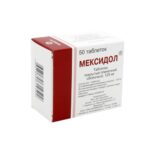
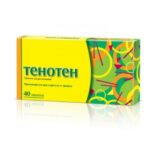
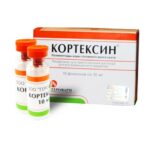
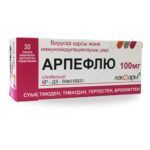
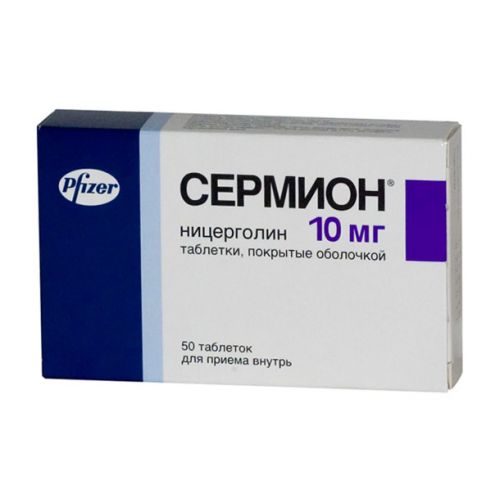
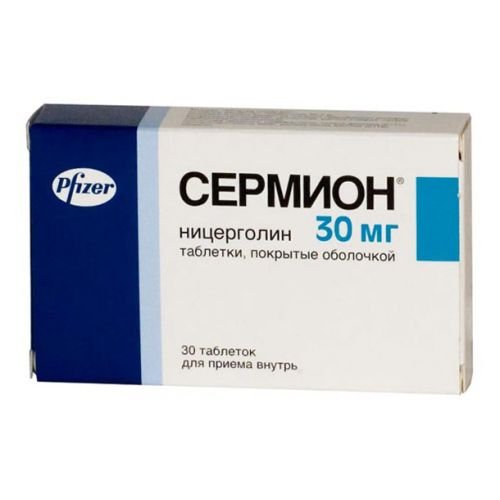
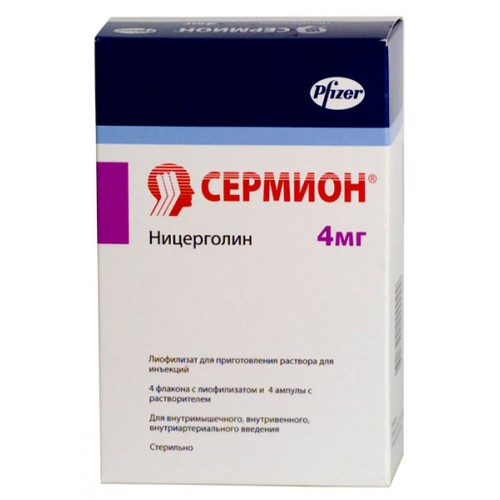
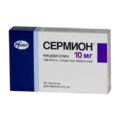
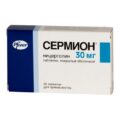
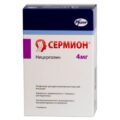
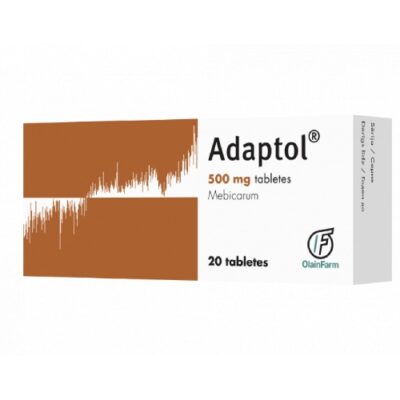
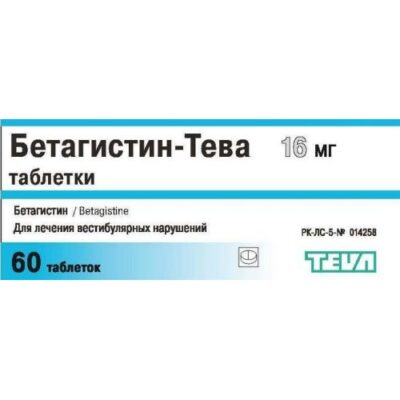
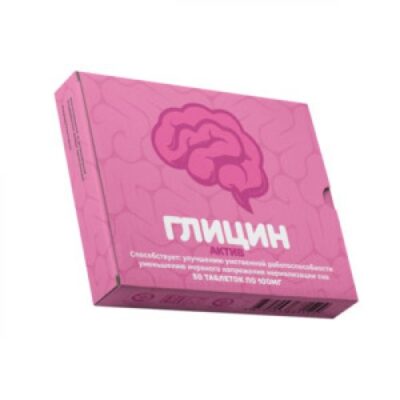
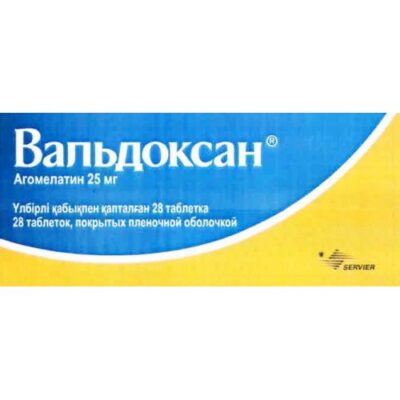
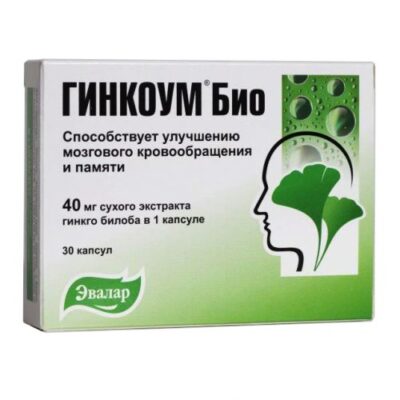
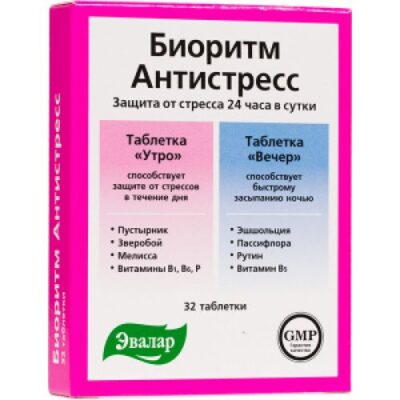
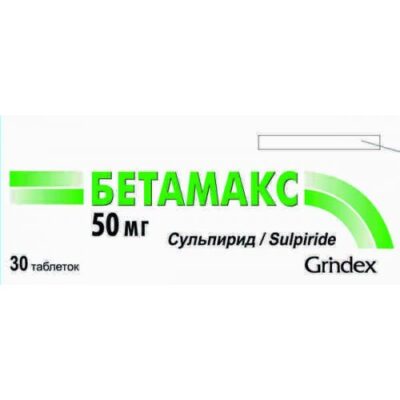
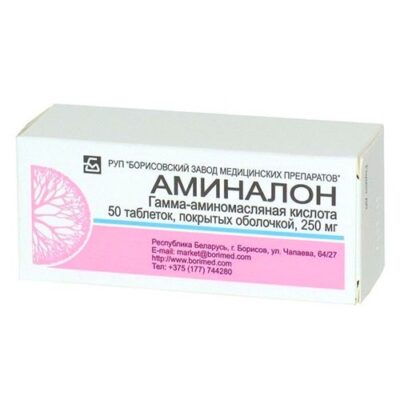
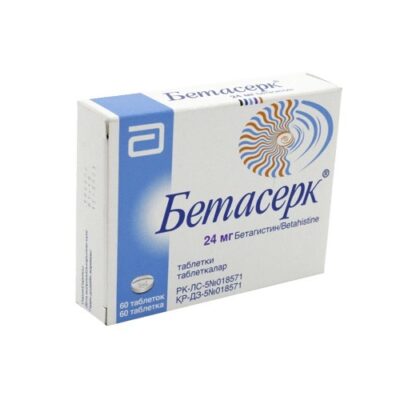
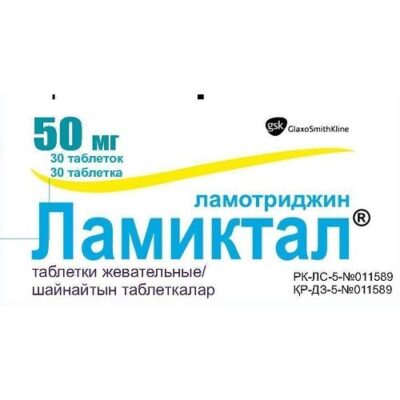






Reviews
There are no reviews yet.